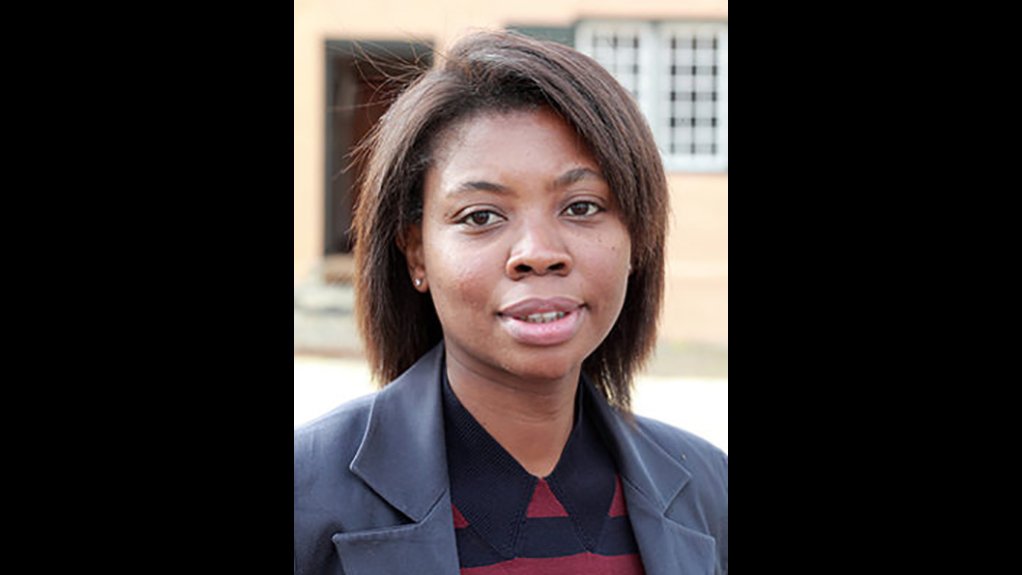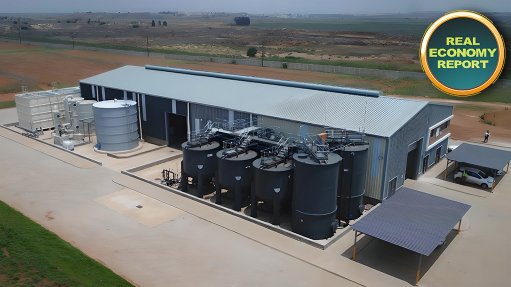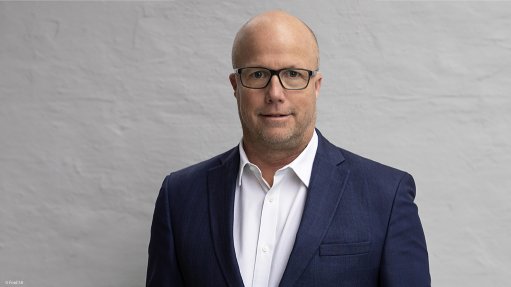Tshepe, Patel unpack Competition Commission’s new focus areas
In her year as commissioner of the Competition Commission since September 1, 2022, Doris Tshepe has said, the entity has focused on price gouging conduct in various markets, which had become prevalent since the Covid-19 pandemic.
Notably, the commission has zoomed in on the food, healthcare, energy and digital technology markets in this regard, as well as on improving merger control in the interest of the public and small and medium-sized enterprises (SMEs).
At a global level, there has also been considerable debate on appropriate legal standards within competition law owing to the growing digital market.
Adding to the topic of merger control, Tshepe shared during the commission’s seventeenth yearly Competition Law, Economics and Policy Conference this week that merger control was an important tool used by competition authorities to act in the public interest and to retain productivity.
The commission has focused on its development of merger control to ensure that mergers contribute to the deconcentration and transformation of markets, particularly since the South African economy is highly concentrated.
Tshepe confirmed that merger parties had made commitments to support the entry of small- and black-owned firms in their supply chains, as well as to establish more employee shareholding schemes.
She added that the commission would not approve mergers that brought about permanent structural change that was not in the best public interest, and could add to strain for consumers.
Concerningly, the commission has seen an increase in deals that avoid merger controls, including large firms constructing deals as franchise agreements. The commission is monitoring these deals closely to ensure greater participation by all South Africans.
The commission in December revised its small merger guidelines, which have been published for public comment, owing to concerns in the digital and technology markets in particular, which often escape regulatory scrutiny.
These include e-commerce, food delivery, property sales, software application stores, travel and accommodation, which have formed part of the commission’s Media and Digital Platforms Market Inquiry, with a final report having been published in July.
Next, the commission will soon launch a market inquiry into the distribution of media content on digital platforms, owing to concerns that certain market features in digital platforms that distribute news media content impede, distort or restrict competition.
Moreover, Tshepe said, uncompetitive conduct remained prevalent in the economy, including excessive dealing arrangements and excessive buyer power exercise against smaller companies, hence the commission’s continued focus on deconcentration in markets, as well as greater participation of SMEs.
In the energy market, the commission is working to ensure the sector develops in an inclusive manner, including in terms of pricing of renewable energy components such as inverters and solar panels.
In healthcare, the commission strives to improve access to life-saving drugs, especially as the country works to realise the National Health Insurance health financing system, and as some abuse of patent rights cases with tuberculosis and cancer drugs have emerged.
MINISTER COMMENTS
Trade, Industry and Competition Minister Ebrahim Patel, who delivers a keynote speech at the commission’s conference every year, said the competition law landscape globally was undergoing change, owing to the rise of green energy transitions and digital markets.
In South Africa, there have been eight notable areas of progress, including the commission fostering greater policy coherence, progressing legislative reforms that put in place a new framework for competition policy and stepping up focus of competition policies to promote inclusive economic growth through public interest criteria.
Importantly, Patel highlighted in this year’s address that the competition authorities in South Africa had broadened its examination of markets by not only looking at market conduct, but also market structure, which was a seismic change in how competition authorities looked at markets.
He added that the competition authorities had also started focusing on new growth sectors, specifically data services and online platforms, in addition to traditional sectors.
The exceptional inflation environment of late had also forced a keener focus on pricing, Patel stated, echoing Tshepe’s comments.
“The old model that industrial policy is about a series of loans, incentives and grants is no longer holding attention.
“Rather, supply chain logistics need to be shaped to move quickly between countries, technology development, education and skills development, with the aim of best empowering millions of workers and entrepreneurs. Improved market access and action against abuse of market power are used to advance more efficient markets, and allow new markets to emerge,” Patel said.
He added that competition policies were helping to change the way the economy operated, with greater levels of inclusion and job creation, as well as fair competition along value chains.
In turn, this helps the country become a producer of green economy products, not just consumers.
He agrees with Tshepe that public interest conditions have become central to merger controls, which he believes is intrinsically part of structure transformation towards an inclusive growth path in the country.
Other African countries, such as Namibia, Botswana, Ethiopia, Kenya and Tanzania, have also put public interest top of mind in competition policy.
Comments
Press Office
Announcements
What's On
Subscribe to improve your user experience...
Option 1 (equivalent of R125 a month):
Receive a weekly copy of Creamer Media's Engineering News & Mining Weekly magazine
(print copy for those in South Africa and e-magazine for those outside of South Africa)
Receive daily email newsletters
Access to full search results
Access archive of magazine back copies
Access to Projects in Progress
Access to ONE Research Report of your choice in PDF format
Option 2 (equivalent of R375 a month):
All benefits from Option 1
PLUS
Access to Creamer Media's Research Channel Africa for ALL Research Reports, in PDF format, on various industrial and mining sectors
including Electricity; Water; Energy Transition; Hydrogen; Roads, Rail and Ports; Coal; Gold; Platinum; Battery Metals; etc.
Already a subscriber?
Forgotten your password?
Receive weekly copy of Creamer Media's Engineering News & Mining Weekly magazine (print copy for those in South Africa and e-magazine for those outside of South Africa)
➕
Recieve daily email newsletters
➕
Access to full search results
➕
Access archive of magazine back copies
➕
Access to Projects in Progress
➕
Access to ONE Research Report of your choice in PDF format
RESEARCH CHANNEL AFRICA
R4500 (equivalent of R375 a month)
SUBSCRIBEAll benefits from Option 1
➕
Access to Creamer Media's Research Channel Africa for ALL Research Reports on various industrial and mining sectors, in PDF format, including on:
Electricity
➕
Water
➕
Energy Transition
➕
Hydrogen
➕
Roads, Rail and Ports
➕
Coal
➕
Gold
➕
Platinum
➕
Battery Metals
➕
etc.
Receive all benefits from Option 1 or Option 2 delivered to numerous people at your company
➕
Multiple User names and Passwords for simultaneous log-ins
➕
Intranet integration access to all in your organisation



















